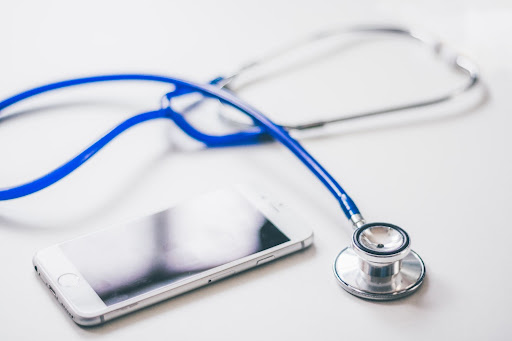
According to the Centers for Disease Control and Prevention (CDC), nearly half of all Americans are currently taking prescription medications and more than half take vitamins or other dietary supplements. Even when used as directed and under medical supervision, you may experience medication side effects that can impact your oral health. Always let us know if you are taking any medicines or supplements and if those have changed since your last visit.
Here are some common side effects of medications that can impact your oral health:
Abnormal Bleeding
Blood thinning and reduced clotting accompany the use of some medications. This can cause problems with excessive bleeding during treatments for periodontal disease or oral surgery. Your dentist needs to know if you are taking any medications or supplements before scheduling any treatment that may involve bleeding.
Dry Mouth
Many medications can cause reduced saliva production. When your mouth does not produce enough saliva, it is more susceptible to inflammation and infection, tooth decay, and other oral health problems.
Fungal Infection
Oral Candidiasis is an oral fungal infection that can affect those who use oral inhalers for asthma and other breathing conditions. We encourage patients with inhalers to rinse their mouth thoroughly with water after using their inhaler.
Gum Tissue Enlargement
Overgrowth or enlargement of gum tissue may occur as a side effect of certain medications. Patients with this condition need to give special attention to keeping teeth and gums clean to prevent inflammation or decay.
Soft Tissue Reactions
Inflammation, oral sores, or discoloration of soft tissues can occur as a side effect of some medications. If you experience this type of reaction, we may be able to prescribe a special oral hygiene regimen that can alleviate your discomfort.
Tooth Decay
While tooth decay is not directly a side effect of medication, several types of medicines use sugar to improve the flavor, especially those in liquid, chewable, and lozenge forms. When these are taken over a period of time, the sugars left on the teeth can make the patient more likely to develop tooth decay. When possible, select sugar-free versions of medications, take with meals, or rinse your mouth after taking a sugared medicine.
Severe tooth decay can lead to the need for Endodontic treatment, such as a root canal, and can even lead to tooth loss. If you have concerns about your medications, contact your dentist immediately.






